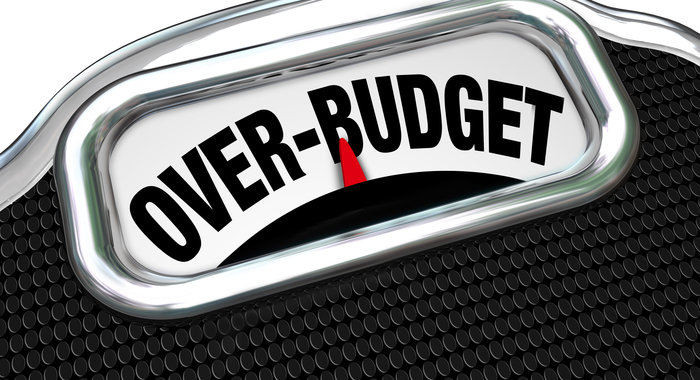70 percent of businesses fail within their first ten years of operation. Ergo, when someone launches a startup, the odds aren’t in their favor. Yet, much of the failure startups encounter is both predictable and avoidable. Business success may have an element of luck but it is much more dependent on the application of the right principles.

Source: Pixabay.com
Startups that do not succeed usually portray certain characteristics from the start. We look at these characteristics below.
1. The Solo Founder
Take a step back and examine the most successful startups you know. One thing you’ll notice is most weren’t founded by one person. This trait is reflected in the most recognizable tech brands today. Microsoft, Apple, Google, Twitter and WhatsApp all had at least two founders. It’s not a coincidence that one-person startups are less likely to be successful.

First, a solopreneur means the founder’s close friends didn’t believe in them strongly enough to share their vision. This is telling since no one knows the person better than their close circle. If they don’t believe the venture will succeed, they probably have good reasons why.
Second, a solopreneur lacks people they can bounce ideas off of or people who’ll help them maintain focus.
Third, a solo founder will struggle to go through the hard times on their own. A startups tough times can break even the strongest-willed individuals. Teaming up with like-minded persons is key to success.
2. Wrong Location
Choice of location is one of the biggest decisions any business owner will make. But with many startups now completely Internet-based, the question of location may seem superfluous. However, even ecommerce startups often focus on a specific geographical market.

For example, to increase your website’s visibility, you’ll require search engine optimization (SEO). Part of the SEO may involve making sure your site ranks highly in the search results for a specific location (there’ll be lower competition than a more generic global keyword phrase).
Whether your startup will have a brick and mortar outlet or be fully web-based, your choice of target location matters. Choosing the wrong location can doom your startup from the get go.
3. Overspending
Startup founders often spend more than they plan for. And that isn’t surprising. Despite elaborate business plans, it’s difficult to anticipate every possible scenario beforehand. Still, any overspending should be within a reasonable limit and not threaten the very existence of the enterprise.
A business comprises multiple moving parts. There are numerous avenues through which money may be lost through needless expenditure. For example, how many employees do you really need? Salaries are a huge cost and each additional person grows your cost burden dramatically.

Another notorious avenue for unnecessary expenditure is technology acquisition. Don’t spend on technology if you don’t need to. You’ll often find that there are free or open source options that can realize the same objective. As opposed to purchasing an expensive billing system, take advantage of invoice templates for free.
4. Obstinacy
No entrepreneur has ever succeeded without dogged determination and relentless focus. However, there’s a thin line between determination and obstinacy. Determination is striving towards a goal but with a healthy dose of reality. A startup can fail not because the founder is incompetent, unprepared or lazy but simply because the idea is founded on will not work.
Smart successful entrepreneurs have a knack for quickly realizing an idea isn’t working and thus abandoning or modifying it as needed. Getting too attached to your original plan is one of the biggest impediments to success. Of course, the other extreme isn’t useful either i.e. changing ideas every day or week.
Overall, a change of plans is probably good if your new plan is going to use some of the work you’ve already done.
Building a startup is hard work. It doesn’t take much for things to fall apart. You can however increase your chances of success by avoiding these pitfalls.
